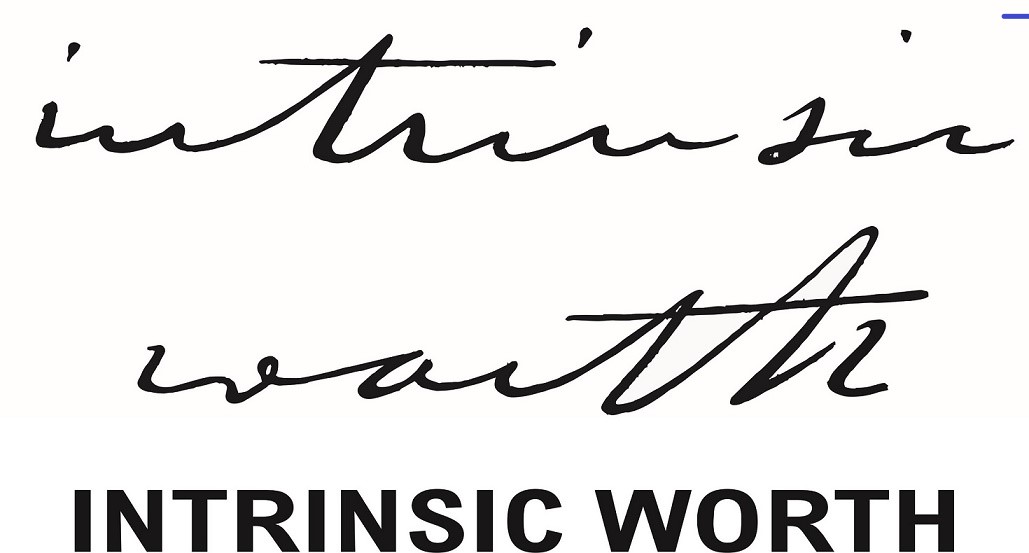

Christopher P. Momany is a former college professor and chaplain. He currently serves as pastor of First United Methodist Church in Dowagiac, Michigan. For three decades Chris has researched the arguments for and against slavery in America’s past. His 2018 book: For Each and All: The Moral Witness of Asa Mahan (Foundery Books), traces these arguments and documents the abolitionist witness of philosopher and college president Asa Mahan.
When Frederick Douglass released his second autobiography in 1855, the title page sported a quote from Samuel Taylor Coleridge: “By a principle essential to Christianity, a PERSON is eternally differenced from a THING; so that the idea of a HUMAN BEING, necessarily excludes the idea of PROPERTY IN THAT BEING.”
In my scholarship I have teased out the ways this philosophical conviction made a difference for those who resisted human bondage. Many have probably considered my argument too arcane and ethereal. The ontological difference has appeared too obvious for comment – at least until now. Enter Kevin Hassett, the presidential advisor who on Sunday, May 24 called millions of Americans “human capital stock.” That’s right. Look it up. A senior economic advisor went on national television and described the vibrant, diverse, determined community of people who are struggling with unemployment as PROPERTY.
There is no way to spin this statement – no way to characterize it as an “unfortunate” choice of words. (Yes, I realize the terminology is sometimes used in wonkish attempts to quantify economic value. It is still reprehensible.) There we have it, out in the open. Human beings called “stock,” property, a material resource for the wealthy. This must be named and repudiated with righteous fury.
America still avoids confronting the way our antebellum, southern legal system rested on the obscene fiction that certain people were, by law, property. After all, the term “chattel,” at least in popular imagination, referred to (among other things) farm “stock.” How we ever tolerated an ideology where millions were declared to reside beneath personhood is beyond me.
Now I have “friends” on social media railing against the violation of their “rights” because they cannot jet off to the islands for a luxury vacation or get their hair coiffed in style. These are the same people who think it perfectly acceptable to consider others “human capital stock.” I am beyond disgusted.
Like most who have labored to understand the motivations behind America’s antislavery movement, I never thought it would come to this. Few make the case for slavery today – though much about our culture embraces assumptions that treat people as things. It probably seemed way too theoretical when I suggested that philosophers who argued for the “Intrinsic Worth” of persons made necessary distinctions. Why would anyone need to highlight that argument today?
And then there is this demonic idea that being American and standing for “freedom” means managing that great horde of “human capital stock” for the benefit of our portfolios. Welcome to the 1830s, my friends. It is no longer an academic question whether we consider people sacred agents or movable property.
Most importantly: what will we do about the abusive absurdity that considers some property?

3 Comments, RSS